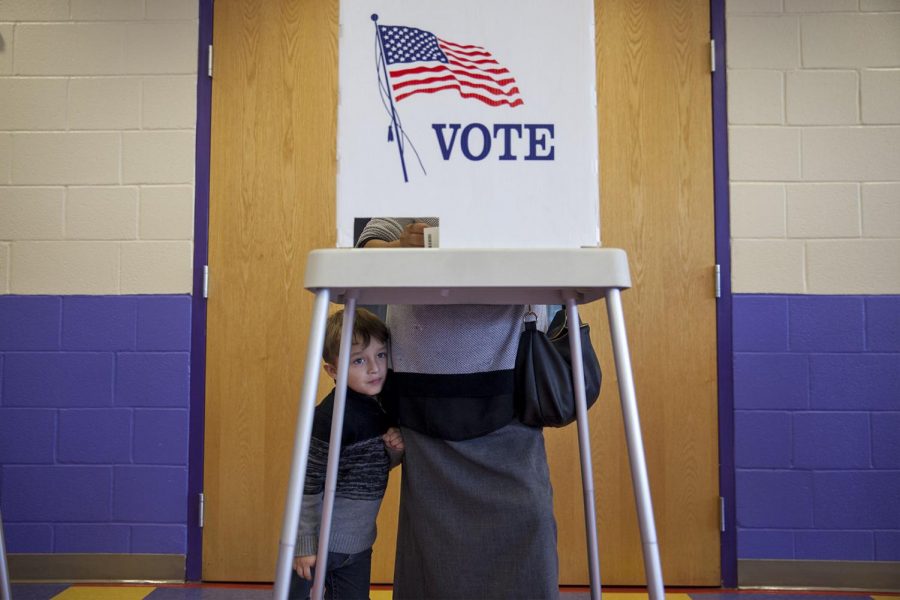Voters disappointed, unable to vote in city
November 9, 2016
Sonia Lenk has taught Spanish at WKU since 2003. At that time, the land on either side of Three Springs Road was mostly occupied by corn fields and small rural communities. It was well outside the Bowling Green city limits.
However, Bowling Green has expanded continuously outward since then. Now, most of this land is made up of an increasing number of new housing developments. Developments like Sutherland Farms, where Lenk and her family now live.
Lenk considers herself to be a resident of Bowling Green, which is why she was surprised when she was unable to vote like a resident this Tuesday.
Those living in the heart of the city cast ballots with names for president, U.S. Congress, Bowling Green Independent Schools board members, mayor and city commissioners. However, the ballot Lenk filled out only had the names of the national and state candidates and the non-partisan Soil and Water Conservation District Supervisors.
This is because Lenk’s neighborhood is not within city limits and therefore, she and her neighbors cast Warren County ballots. However, the polling location, only minutes from her house, was within sight of the boundary line of city limits.
More importantly to Lenk, though, is the fact that she works within city limits at WKU and pays income tax on her salary that goes to the city. According to Lenk, income taxes on Bowling Green workers are the largest source of funding for city functions.
“We work in the city, we just live on the outskirts of the city, but [local politics] affects our lives and what we do,” she said. “Of course we would like to have a say in the local representatives.”
Lenk and her husband, Nelson Holzapfel, do not pay city taxes on their home; however, and voting precincts are determined by location of residence.
“If we don’t pay to the city, we don’t have [a] vote,” Holzapfel said. “And that’s okay.”
Lenk, on the other hand, disagrees.
“[City funding] mostly comes from salaries, so if you work in the city, you’re paying taxes,” she said. “You’re contributing to whatever is being done.”
According to Forbes magazine, Bowling Green ranks number 33 out of 200 U.S. cities for its job growth, with a projected job growth rate of 2.2 percent. The Kentucky Data Center has predicted the population within Warren County will grow about 39.4 percent from what it was in 2000 to what it will be 2030.
The result of this growth is an outward expansion of the city’s suburbs, an expansion into areas like Lenk’s neighborhood. That means more and more people have and will move to the outskirts of Bowling Green, while still working in the city.
Like Lenk and Holzapfel, these people will not be able to vote for city commissioners or mayor, even though the decisions made by these officials could affect their workplaces. Lenk said she would prefer to have city limits expanded and pay city property taxes in order to be able to vote for city offices.
“We are here because of the city, because Bowling Green is the city we belong to,” Holzapfel said.













